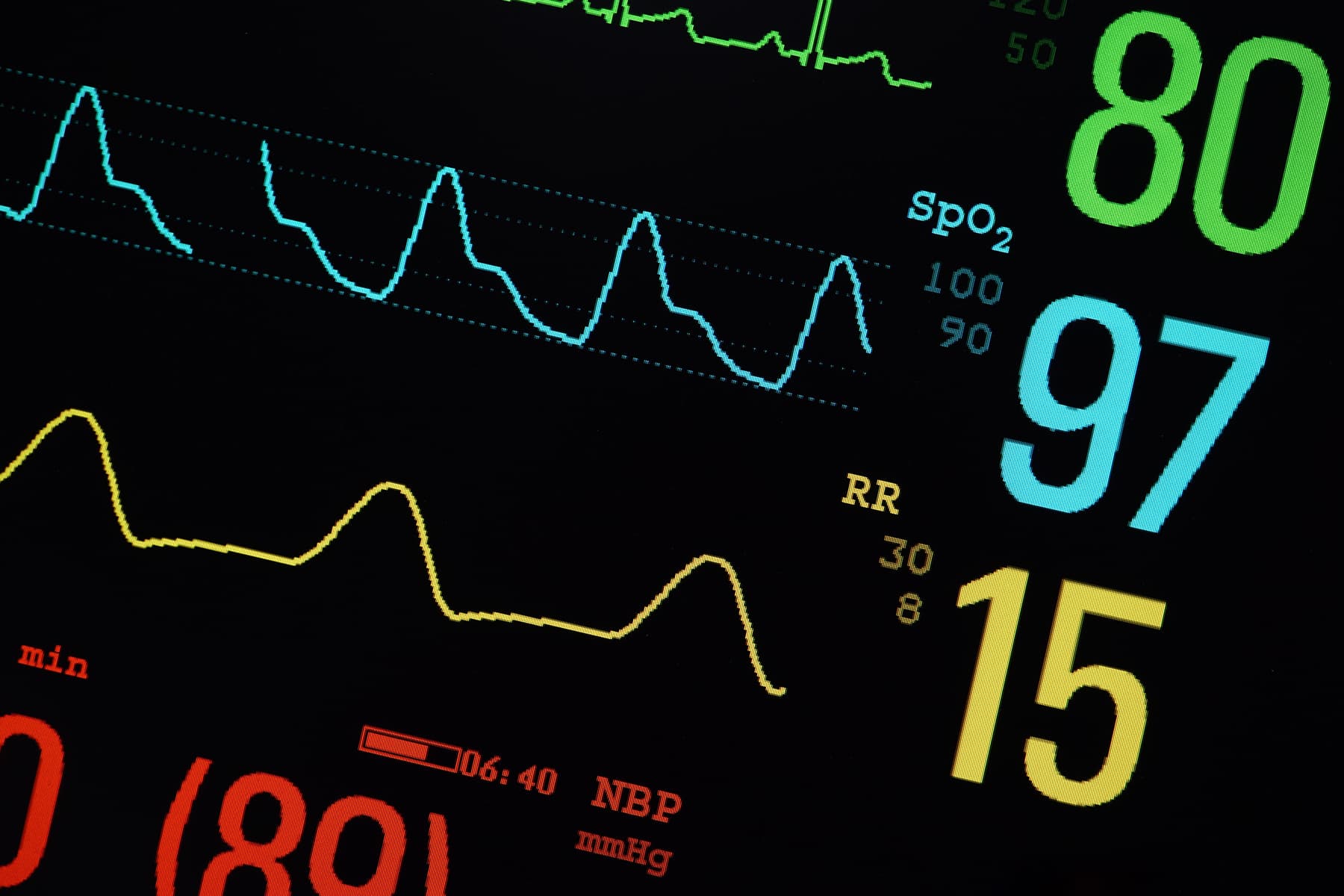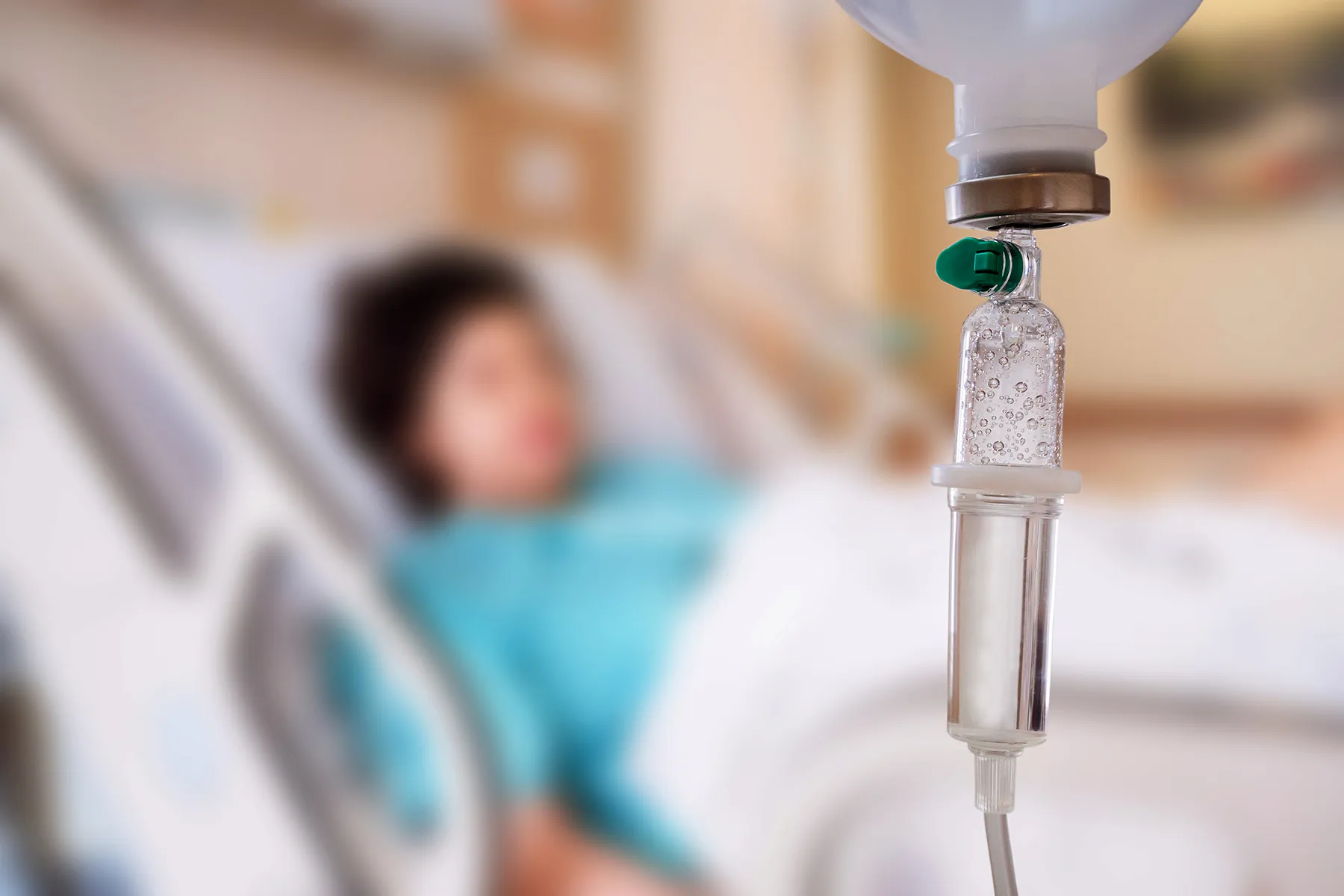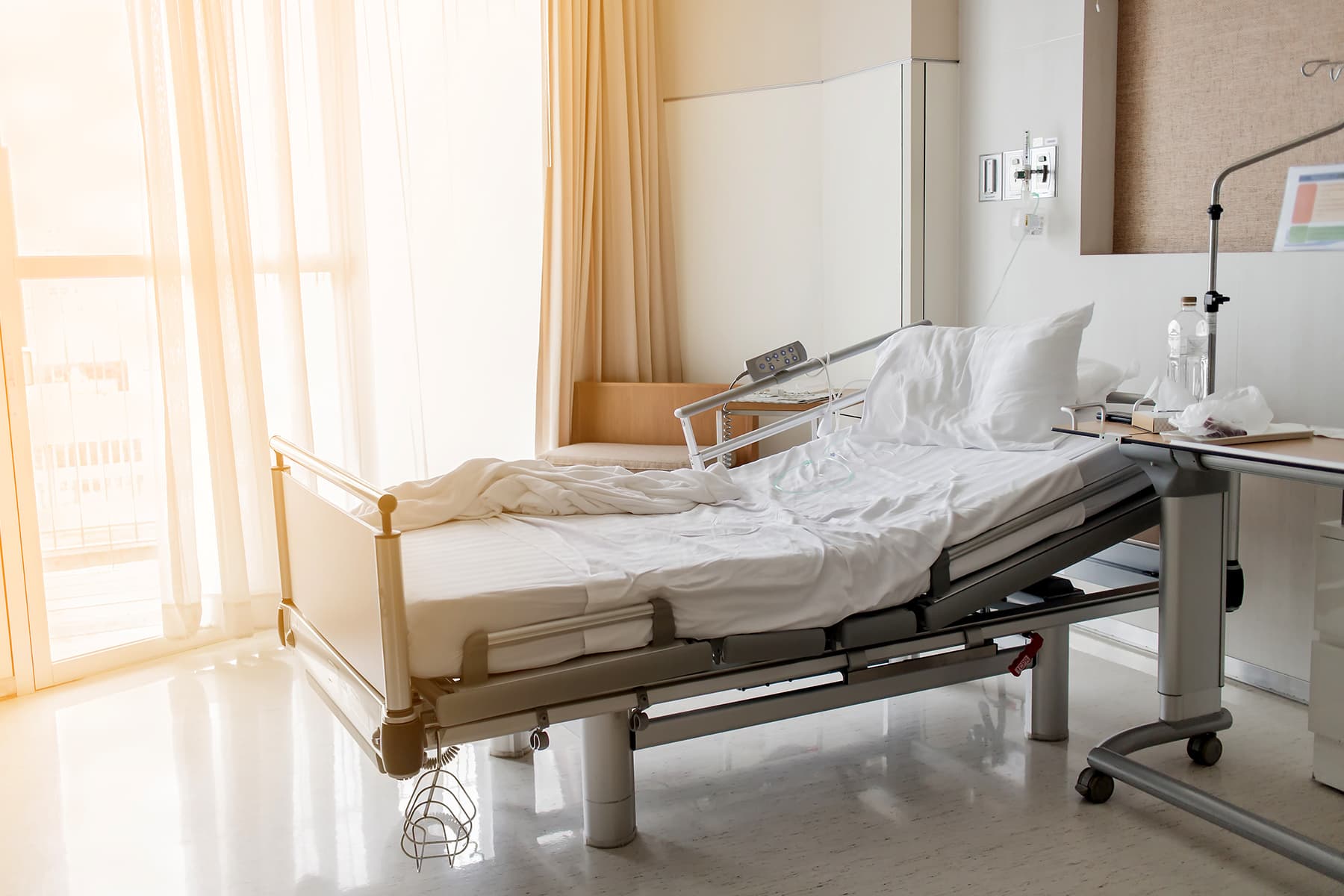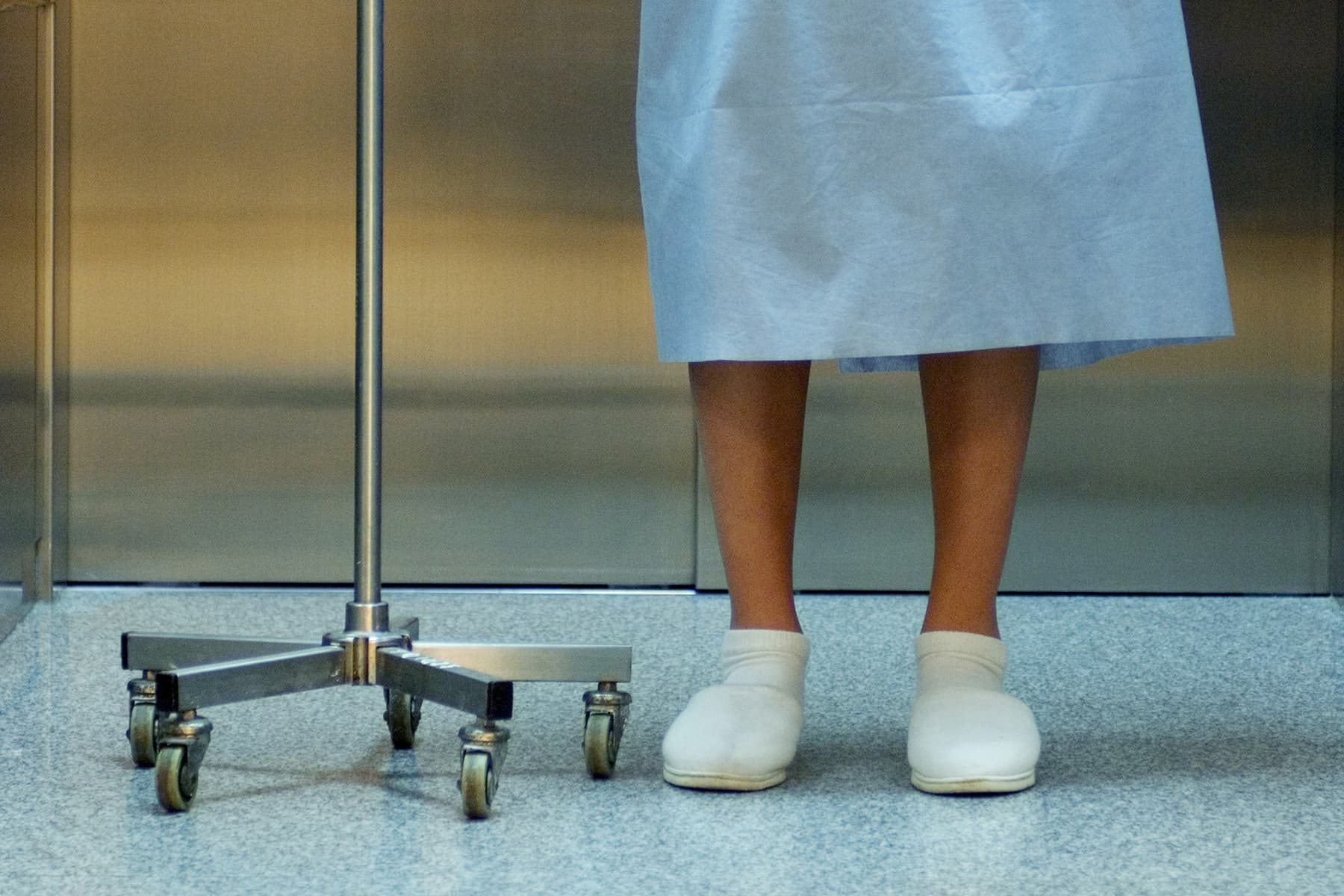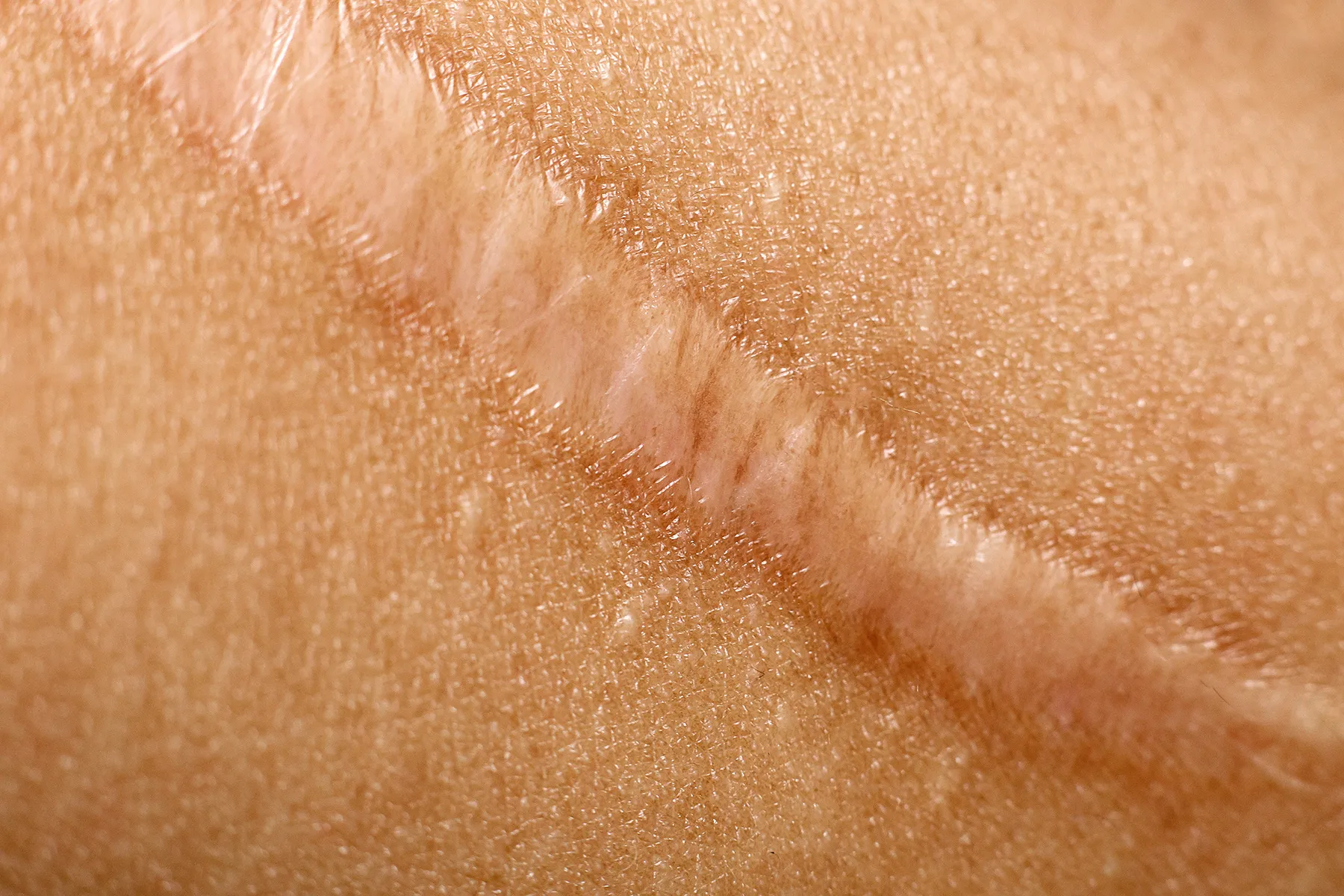Timeline of Liver Donor Recovery

Sources Medically Reviewed on 11/27/2022 Reviewed by Minesh Khatri, MD on November 27, 2022
IMAGES PROVIDED BY:
1) Thinkstock
2) Thinkstock
3) Thinkstock
4) Thinkstock
5) Getty
6) Thinkstock
7) Thinkstock
8) Thinkstock
9) Thinkstock
10) Thinkstock
11) Thinkstock
12) Thinkstock
SOURCES:
Debra L. Sudan, MD, chief, division of abdominal transplant surgery, Duke University Hospital, Durham, NC.
Mount Sinai Hospital: "Liver Donation Surgery and Recovery."
University of Minnesota Health: "Living Donor Liver Transplant."
"What You Need to Know About Adult Living Donor Liver Transplantation: A Patient Guide," Cleveland Clinic, 2014.
Johns Hopkins Medicine: "What to Expect as a Liver Donor."
Reviewed by Minesh Khatri, MD on November 27, 2022
This tool does not provide medical advice. See additional information.
THIS TOOL DOES NOT PROVIDE MEDICAL ADVICE. It is intended for general informational purposes only and does not address individual circumstances. It is not a substitute for professional medical advice, diagnosis or treatment and should not be relied on to make decisions about your health. Never ignore professional medical advice in seeking treatment because of something you have read on the WebMD Site. If you think you may have a medical emergency, immediately call your doctor or dial 911.
Health Solutions From Our Sponsors
- Penis Curved When Erect?
- Could I have CAD?
- Treat Bent Fingers
- Treat HR+, HER2- MBC
- Tired of Dandruff?
- Benefits of CBD
- Rethink MS Treatment
- AFib-Related Strokes
- Risk of a Future DVT/PE
- Is My Penis Normal?
- Relapsing MS Options
- Liver Transplants Save Lives
- Finance Plastic Surgery
- Bent Finger Causes
- Living With Psoriasis?
- Missing Teeth?
